
Isaac Mehlhaff is an Assistant Professor in the Department of Political Science and is also affiliated with the Data Science Institute, Committee on Data Science, and Program in Political Economy at the University of Chicago.
His research is driven by substantive questions in public opinion and political psychology: How and why do citizens change their attitudes on political issues? Under what conditions can political discussion exacerbate or ameliorate mass polarization? How is polarization causally related to other features of government and society? He approaches his work primarily as a computational social scientist, using and developing methods in natural language processing, machine learning, and Bayesian modeling.
He received his PhD in 2023 from The University of North Carolina at Chapel Hill. He also holds an MA from UNC-Chapel Hill and a BA from the University of Wisconsin-Madison.
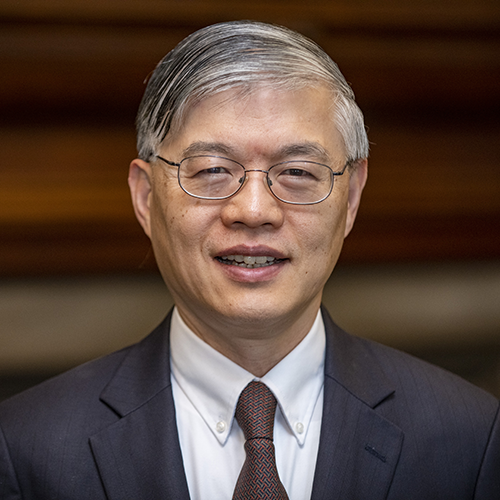
Professor Dali Yang (PhD, Princeton, 1993) is the author of numerous books and scholarly articles on the politics and political economy of China. Among his books are Remaking the Chinese Leviathan: Market Transition and the Politics of Governance in China (Stanford University Press, 2004); Beyond Beijing: Liberalization and the Regions in China (Routledge, 1997); and Calamity and Reform in China: State, Rural Society, and Institutional Change since the Great Leap Famine (Stanford University Press, 1996). He is also editor of Discontented Miracle: Growth, Conflict, and Institutional Adaptations in China (World Scientific, 2007) and co-editor and a contributor to Holding China Together: Diversity and National Integration in Post-Deng China (Cambridge University Press, 2004). He is a member of various committees and organizations and serves on the editorial boards of Asian Perspective, American Political Science Review, Journal of Contemporary China, and World Politics.
Recent Research / Recent Publications
Remaking the Chinese Leviathan: Market Transition, Political Leadership, and Economic Governance in China (Stanford University Press, 2004).
Beyond Beijing: Liberalization and the Regions in China (Routledge, 1997).
Calamity and Reform in China: State, Rural Society, and Institutional Change Since the Great Leap Famine (Stanford University Press, 1996).

Susan Stokes is the Tiffany and Margaret Blake Distinguished Service Professor and Director of the Chicago Center on Democracy.
Her research and teaching interests include democratic theory and how democracy functions in developing societies, distributive politics, and comparative political behavior.
Her single and co-authored books include Mandates and Democracy: Neoliberalism by Surprise in Latin America (2001), Brokers, Voters, and Clientelism: The Puzzle of Distributive Politics (2013), and Why Bother? Rethinking Participation in Elections and Protests (2019).
She is a member of the National Academy of Sciences and the American Academy of Arts and Sciences.
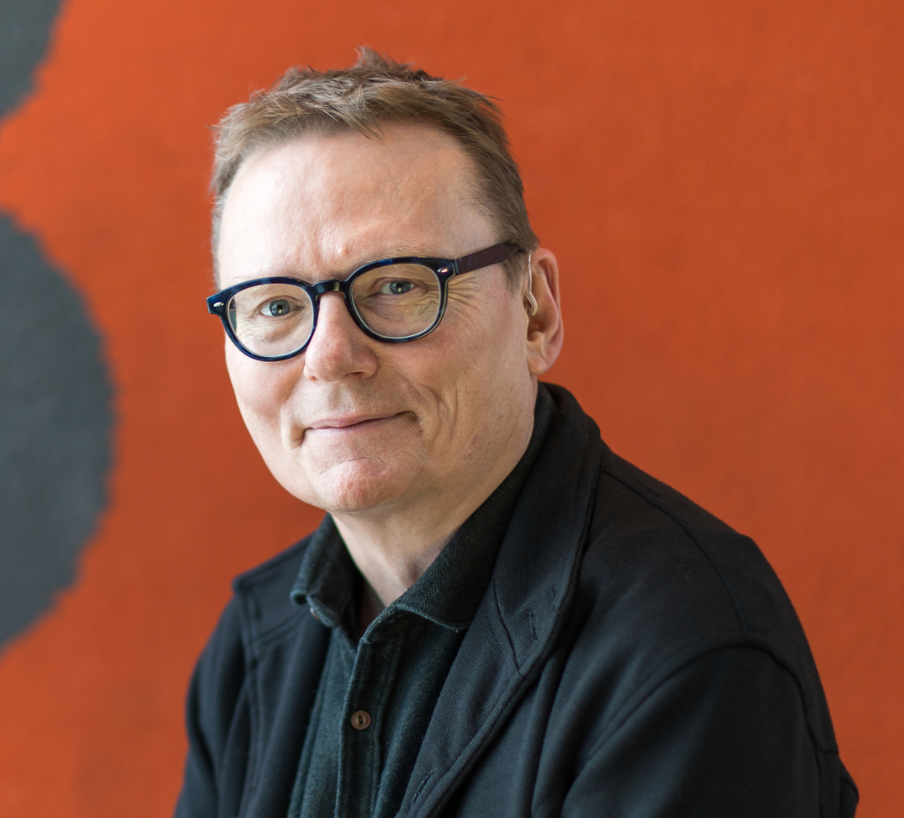
An economist and political scientist, Robinson has conducted influential research in the field of political and economic development and the relationships between political power and institutions and prosperity. His work explores the underlying causes of economic and political divergence both historically and today and uses both the mathematical and quantitative methods of economics along with the case study, qualitative and fieldwork methodologies used in other social sciences.
Robinson has a particular interest in sub-Saharan Africa and Latin America and is a Fellow at the Institute of African Studies at the University of Nigeria at Nsukka. He taught a summer school at the University of the Andes in Bogotá between 1994 and 2022. He has conducted fieldwork and collected data in Bolivia, Colombia, Haiti, the Democratic Republic of the Congo, Nigeria, Sierra Leone, South Africa, and Zimbabwe. He has published three books co-authored with Daron Acemoglu, an Institute Professor of Economics at MIT. The first, Economic Origins of Dictatorship and Democracy, proposed a theory of the emergence of and stability of democracy and dictatorship. Their second book, Why Nations Fail: The Origins of Power, Prosperity, and Poverty (translated into 41 languages since its publication in 2012), pulled together much of their joint research on comparative development and proposed a theory of why some countries have flourished economically while others have fallen into poverty. Their most recent book, The Narrow Corridor: States, Society and the Fate of Liberty, examines the incessant and inevitable struggle between states and society, and gives an account of the deep historical processes that have shaped the modern world.
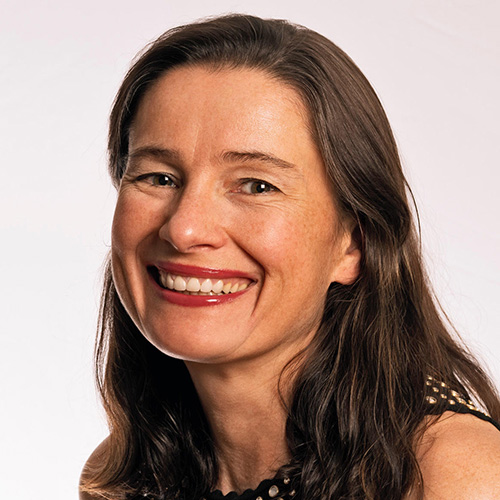
Monika Nalepa (PhD, Columbia University) is professor of political science at the University of Chicago. With a focus on post-communist Europe, her research interests include transitional justice, parties and legislatures, and game-theoretic approaches to comparative politics. Her first book, Skeletons in the Closet: Transitional Justice in Post-Communist Europe was published in the Cambridge Studies in Comparative Politics Series and received the Best Book award from the Comparative Democratization section of the APSA and the Leon Epstein Outstanding Book Award from the Political Organizations and Parties section of the APSA. Her next book with Cambridge University Press, published in 2022, is entitled After Authoritarianism: Transitional Justice and Democratic Stability. She has also published articles in the Quarterly Journal of Political Science, Journal of Politics, Perspectives on Politics, the Journal of Comparative Politics, World Politics, Journal of Conflict Resolution, Journal of Theoretical Politics, Parliamentary Affairs, and Constitutional Political Economy.
Monika Nalepa is the Director of the Transitional Justice and Democratic Stability Lab, which produces the Global Transitional Justice Dataset.
Recent Research / Recent Publications
Nalepa, Monika. 2022. After Authoritarianism: Transitional Justice and Democratic Stability, Political Economy of Institutions and Decisions, Cambridge University Press.
Nalepa, Monika and Grigore Pop-Eleches. 2022 "Infiltration of Religious Organizations as a Strategy of Authoritarian Durability: Causes and Consequences.'' Journal of Politics 84 (2): 156-269.
Bates, Genevieve, Ipek Cinar and Monika Nalepa. 2020 "Accountability by the Numbers: Introducing the Global Transitional Justice Events Dataset (1946-2016)'' Perspectives on Politics 18 (1): 161-184.
Ang, Milena and Monika Nalepa. 2019 "Can Transitional Justice improve the Quality of Representation in New Democracies?'' World Politics 71 (4): 631-666.

Benjamin Lessing, associate professor of political science at the University of Chicago, studies "criminal conflict"—organized violence involving armed groups that do not seek formal state power, such as drug cartels, prison gangs, and paramilitaries. His first book, Making Peace In Drug Wars: Crackdowns and Cartels in Latin America (Cambridge University Press, Studies in Comparative Politics Series, 2017), examines armed conflict between drug trafficking organizations and the state in Colombia, Mexico and Brazil. Choice named it one of its Outstanding Academic Titles for 2018, and it was reviewed in Latin American Politics and Society, Foreign Affairs, and Journal of Peace Studies.
His second book project, tentatively titled Criminal Leviathans: How Gangs Govern, Organize Crime, and Challenge the State from Behind Bars, explores the counterproductive effects of mass-incarceration policies, fostering the growth of powerful armed criminal groups at the core of the state's coercive apparatus. Lessing was recently named an Andrew Carnegie Fellow (2019-2021), which will provide time and resources to complete Criminal Leviathans. A co-authored article from this project appeared in the American Political Science Review in May 2019.
Together with Chicago Political Science colleague Paul Staniland, and with funding from the Minerva Institute, Lessing founded and directs the Program on Political Violence (PPV), part of the Chicago Project on Security and Threats (CPOST). Under PPV, Lessing directs the Criminal Governance in Latin America project, currently generating estimates of the number of people living under gang rule in the region.
Lessing received an MA in economics and a PhD in political science from the University of California, Berkeley, and completed a postdoctoral fellowship at Stanford University's Center on Democracy, Development, and the Rule of Law (CDDRL) and the Center on International Security and Cooperation (CISAC). He also holds a BA in economics and philosophy from Kenyon College. Prior to his graduate work, Lessing worked for 4 years as a researcher in Rio de Janeiro, at Viva Rio, Brazil’s largest NGO, and founded its Drugs and Human Security program. He also conducted field research in Latin America and the Caribbean for international organizations like Amnesty, Oxfam, and the Small Arms Survey, and was a Fulbright Student Grantee in Argentina and Uruguay. He was born in Rochester, Michigan.
Recent Research / Recent Publications
"Legitimacy in Criminal Governance: Managing a Drug Empire From Behind Bars", The American Political Science Review, Vol. 113, No. 2 (May 2019): 584-606.
Making Peace In Drug Wars: Crackdowns and Cartels in Latin America. New York: Cambridge University Press, Studies in Comparative Politics Series, 2017.
"Counterproductive Punishment: How Prison Gangs Undermine State Authority," Rationality and Society, Vol. 29, No. 3: 257–97.
"Logics of Violence in Criminal War," Journal of Conflict Resolution Vol. 59, No. 8: 1486-1516.

Gary Herrigel is interested in comparative political economy, organizations and alternative forms of governance throughout the developed and developing world. He is author of three books, most recently Globale Qualitätsproduktion. Transnationale Produktionssysteme in der Automobilzulieferindustrie und im Maschinenbau (Frankfurt aM: Campus Verlag, 2017—with Volker Wittke and Ulrich Voskamp). This book examines recursive learning processes, upgrading and governance in German manufacturing globalization. Currently, he is working on a variety of projects, all having to do with the relationship between transnational self-optimizing governance architectures, learning and sustainability in industry and agriculture.
Recent Research / Recent Publications
Globale Qualitätsproduktion. Transnationale Produktionssysteme in der Automobilzulieferindustrie und im Maschinenbau (Frankfurt aM: Campus Verlag, 2017) with Volker Wittke and Ulrich Voskamp.
Manufacturing Possibilities: Creative Action and Industrial Recomposition in the US, Germany and Japan (Oxford University Press, 2010).
Industrial Constructions: The Sources of German Industrial Power (Cambridge University Press, 1996).
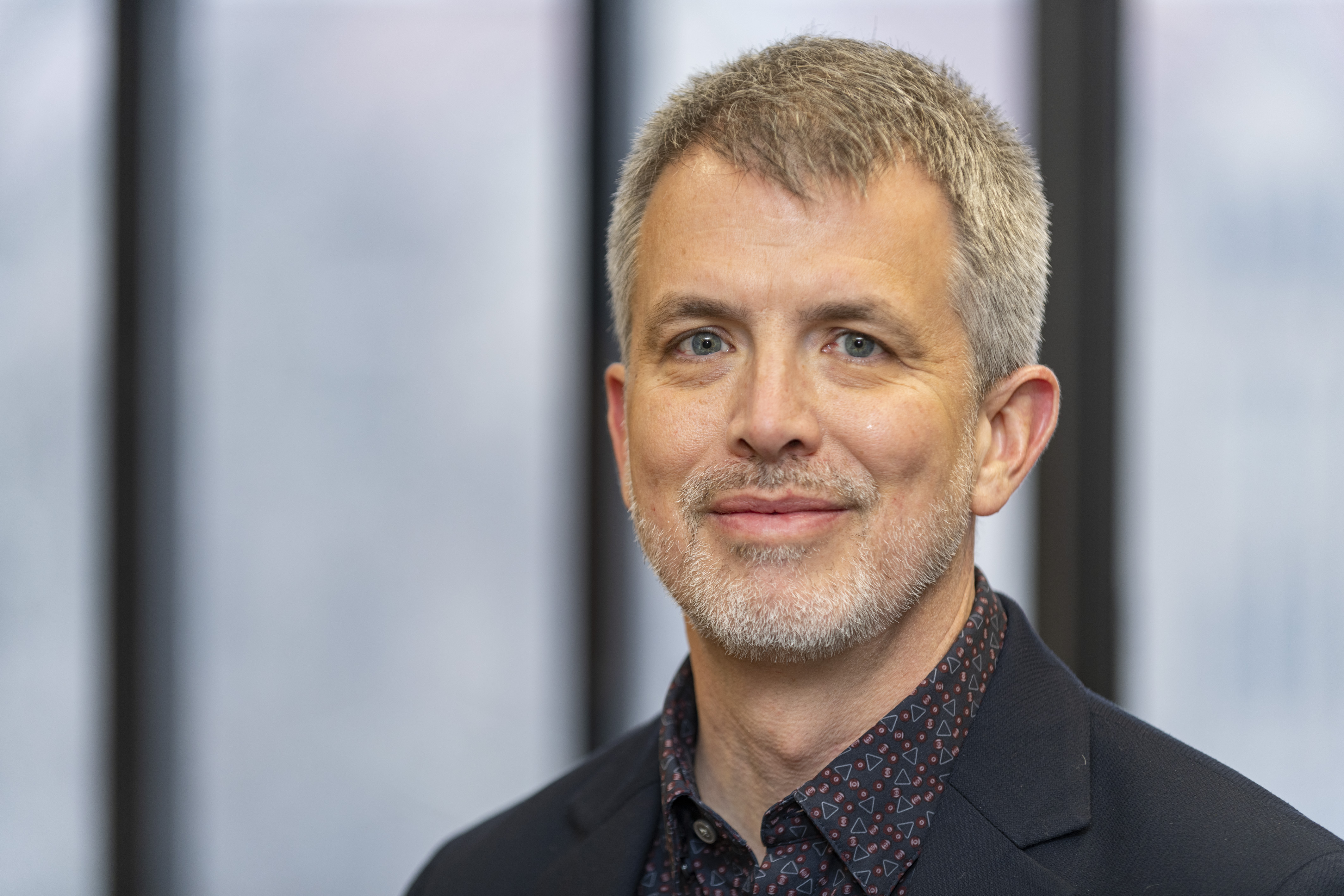
Scott Gehlbach is the Elise and Jack Lipsey Professor in the Department of Political Science, the Harris School of Public Policy, and the College at the University of Chicago. A scholar of authoritarian and post-authoritarian regimes, much of Gehlbach’s research is motivated by the contemporary and historical experience of Russia and Ukraine. His early work focused on the postcommunist transition in these and neighboring countries—a period of enormous political and economic change that exposed the centrality of institutions and the often divergent effects of similar reforms. More recently, Gehlbach has examined the relationship between reform and rebellion in autocracies, with an empirical focus on late Imperial Russia, and the impact of political connections on economic outcomes using large firm-level datasets from Ukraine. An early and leading practitioner of the use of game theory to model the institutions of authoritarian regimes, Gehlbach is author of the widely used textbook Formal Models of Domestic Politics, now in its second edition.
Prior to coming to Chicago, Gehlbach was for sixteen years a faculty member at the University of Wisconsin–Madison. He has at various times been affiliated with both the New Economic School—twice as a Fulbright-Hays Fellow—and the Higher School of Economics in Moscow. Among other service to the discipline, he is currently first vice president of the Society for Institutional and Organizational Economics, associate editor of the Quarterly Journal of Political Science, and organizer of the annual Summer Workshop in the Economic History and Historical Political Economy of Eurasia. At the University of Chicago, Gehlbach co-led the process to create a new Ph.D. Program in Political Economy, a joint offering of the Department of Political Science and the Harris School of Public Policy; he now leads the program as its director.
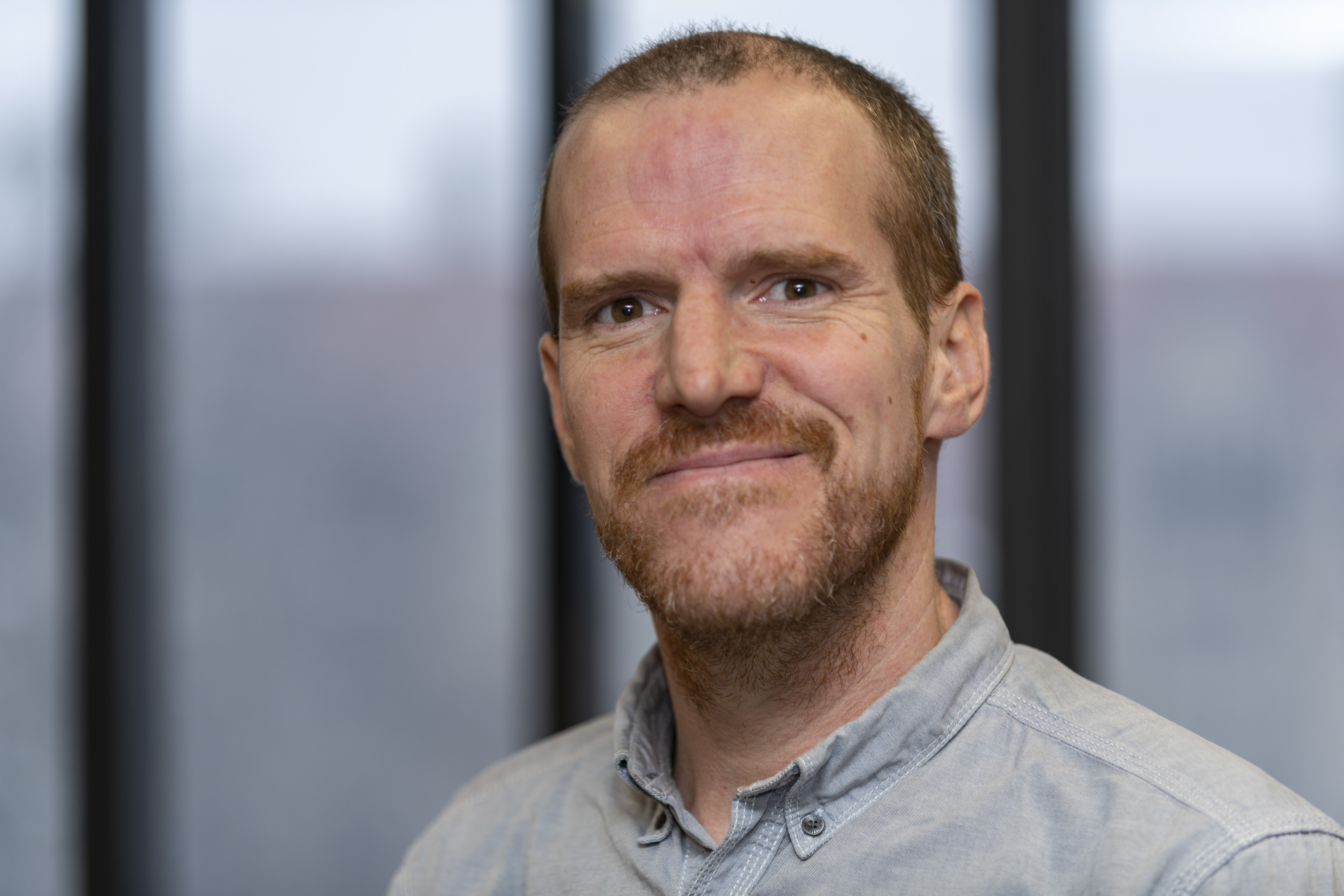
Andy Eggers is a political scientist whose research focuses on electoral systems, corruption/accountability, the relationship between money and politics, and political development in the U.S., Britain, and France. He also has an interest in research methodology.
From 2014-2020, he was a Professor in the Department of Politics and International Relations at the University of Oxford, a Professorial Fellow of Nuffield College, and Director of the Oxford QStep Centre. From 2011 to 2014 he was an Assistant Professor in the Department of Government at the London School of Economics.